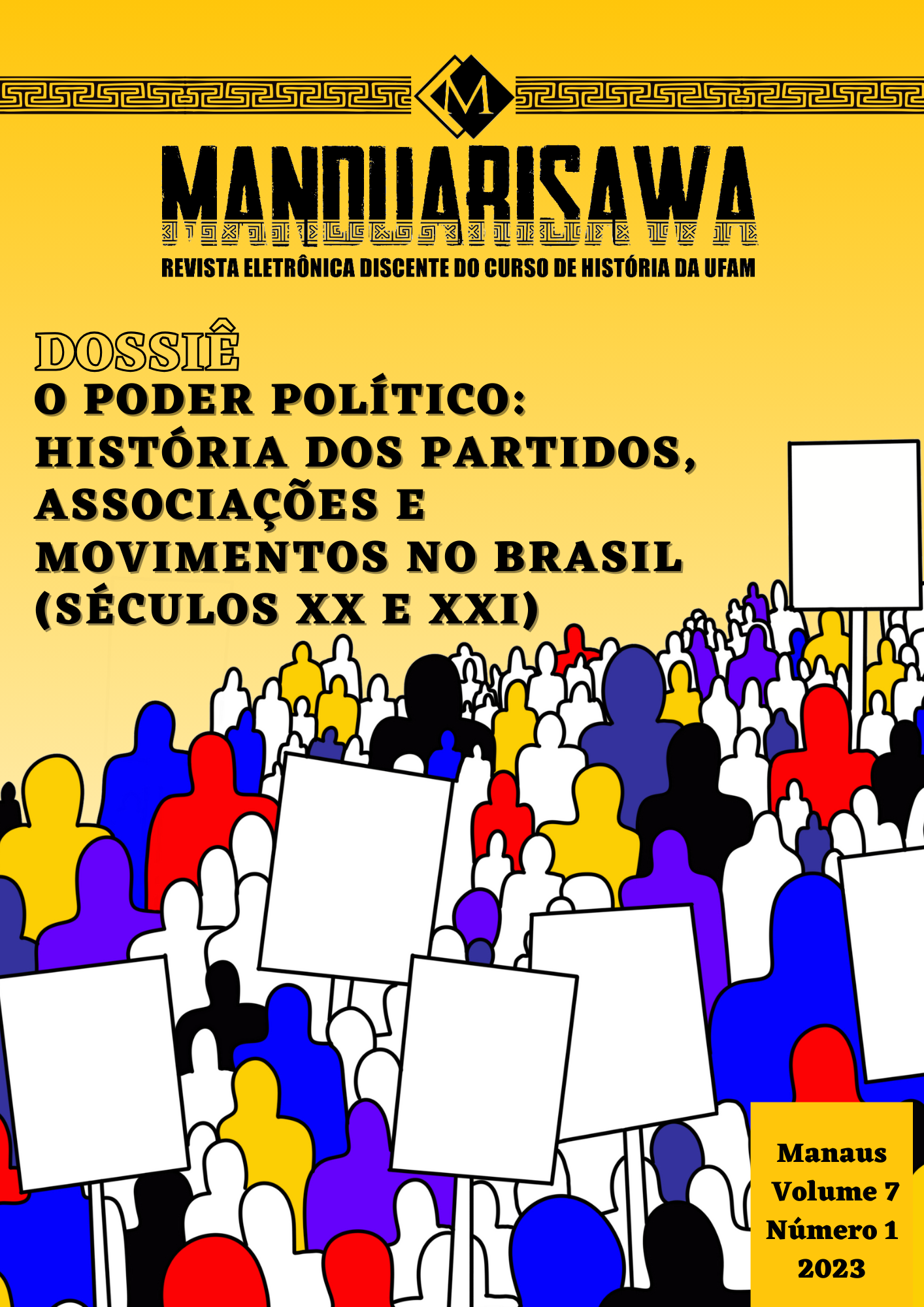“Voting is way more serious than changing a tv channel”
The mobilizations of television language in Lula's presidential campaign in 1989.
Abstract
This study aims to analyze Luiz Inácio Lula da Silva's first electoral campaign for the presidency of Brazil in 1989. Understanding the advertising pieces of Lula's candidacy in the Free Political Advertising Time guides interpretations of the nation-building projects advocated by the Workers' Party (PT). In response to the need to address daily social issues on television, the coalition "Frente Brasil Popular" created "Rede Povo," an audiovisual space developed during Lula's electoral campaign. It comprised segments that referenced various television genres. Consequently, television can be regarded as an agent that facilitates social reproductions and preserves memories. The segments of Lula's audiovisual campaign dynamically infused television programming with the convergence of spaces, narratives, and languages, thereby enabling an analysis of production contexts and positions within their consumption formats. This contact with historical time was made possible.






